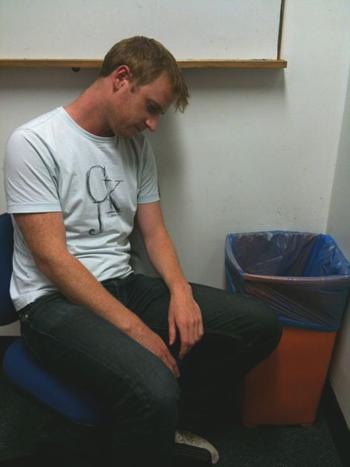Facepalm Moments
When I first saw the image of Jesus doing a “Face palm,” I laughed.  The exasperated look of our Savior, indeed, conveys the message of “why did you say/do THAT?” And you and I know what that is. It usually has something to do with sin. Sometimes, we look downright foolish. I mean, c’mon, how many times in life have we, ourselves, done a similar face palm?
The exasperated look of our Savior, indeed, conveys the message of “why did you say/do THAT?” And you and I know what that is. It usually has something to do with sin. Sometimes, we look downright foolish. I mean, c’mon, how many times in life have we, ourselves, done a similar face palm?
Remember, lying is a sin.
In any case, some lesser face palm moments often involve us- and our big mouths. Yes, we really blow it here. It’s not just about “taking the Lord’s Name in vain” either. It’s not even about other expletives (you know the words). It, instead, has to do with the negative and untrue statement we utter.


 oppose God’s rule seems preposterous. Indeed, it is rare today to find anyone, either within the Christian community or elsewhere, who speaks in praise of weakness. Our understanding of power has become decidedly unparadoxical. We want our power untainted with anything as undesirable as weakness. We prefer peace through strength and salvation through self-reliance.
oppose God’s rule seems preposterous. Indeed, it is rare today to find anyone, either within the Christian community or elsewhere, who speaks in praise of weakness. Our understanding of power has become decidedly unparadoxical. We want our power untainted with anything as undesirable as weakness. We prefer peace through strength and salvation through self-reliance.

 Two words can strike fear and unrealistic expectations for many of us ladies out there.
Two words can strike fear and unrealistic expectations for many of us ladies out there.


 What would Jesus think if I showed up in Bethlehem?
What would Jesus think if I showed up in Bethlehem?